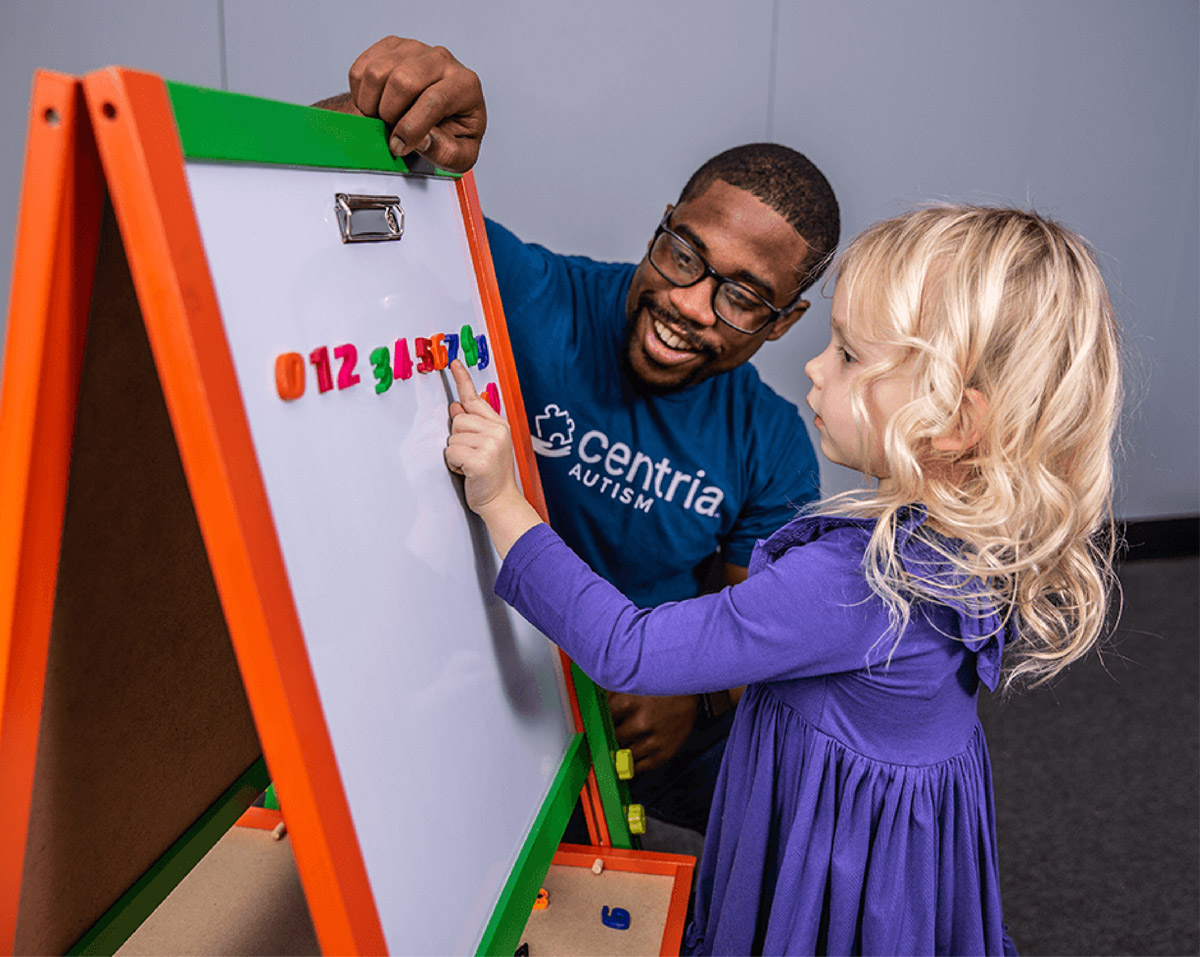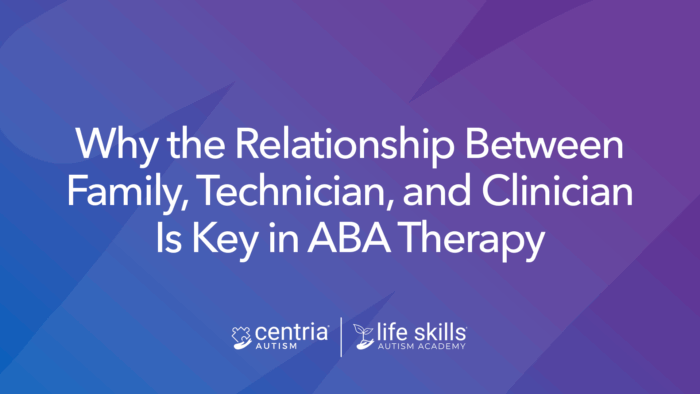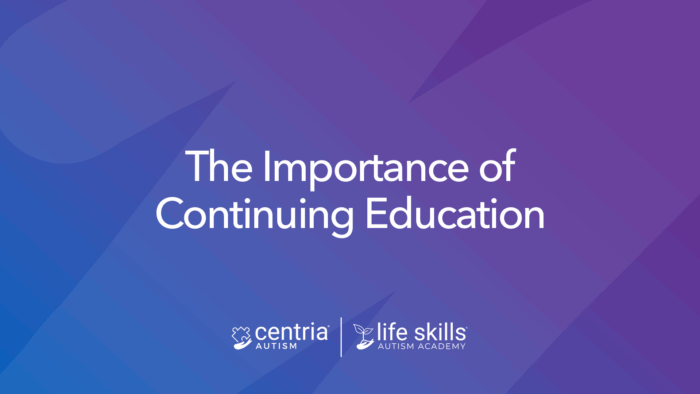
Recognizing Signs of Autism
As a parent, noticing the early signs of autism in your child can be a daunting and emotional experience. You may find yourself wondering if certain behaviors are just a phase or if they indicate something more. Understanding the signs of autism is a crucial step in ensuring that your child receives the support they need to thrive.


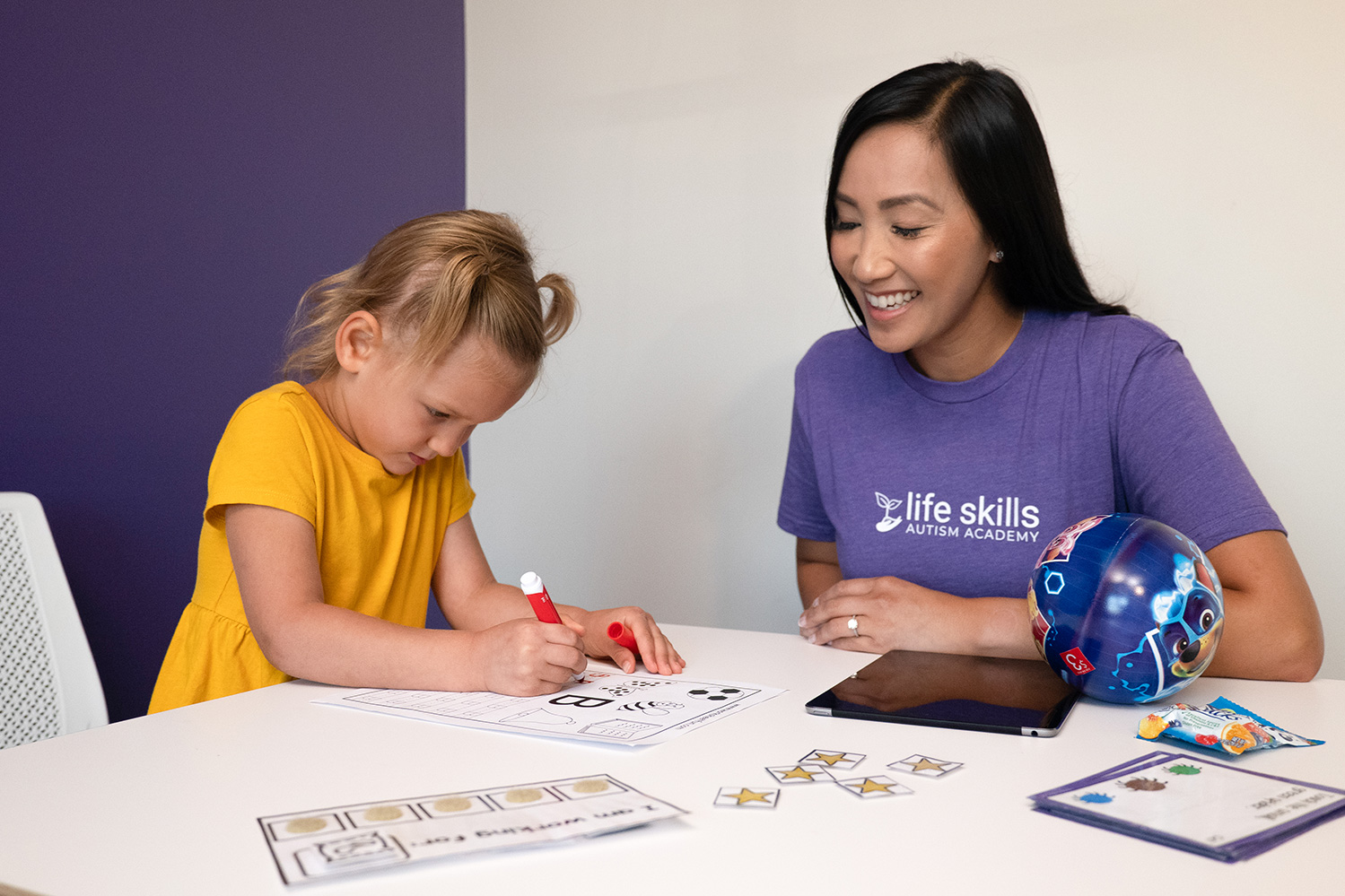
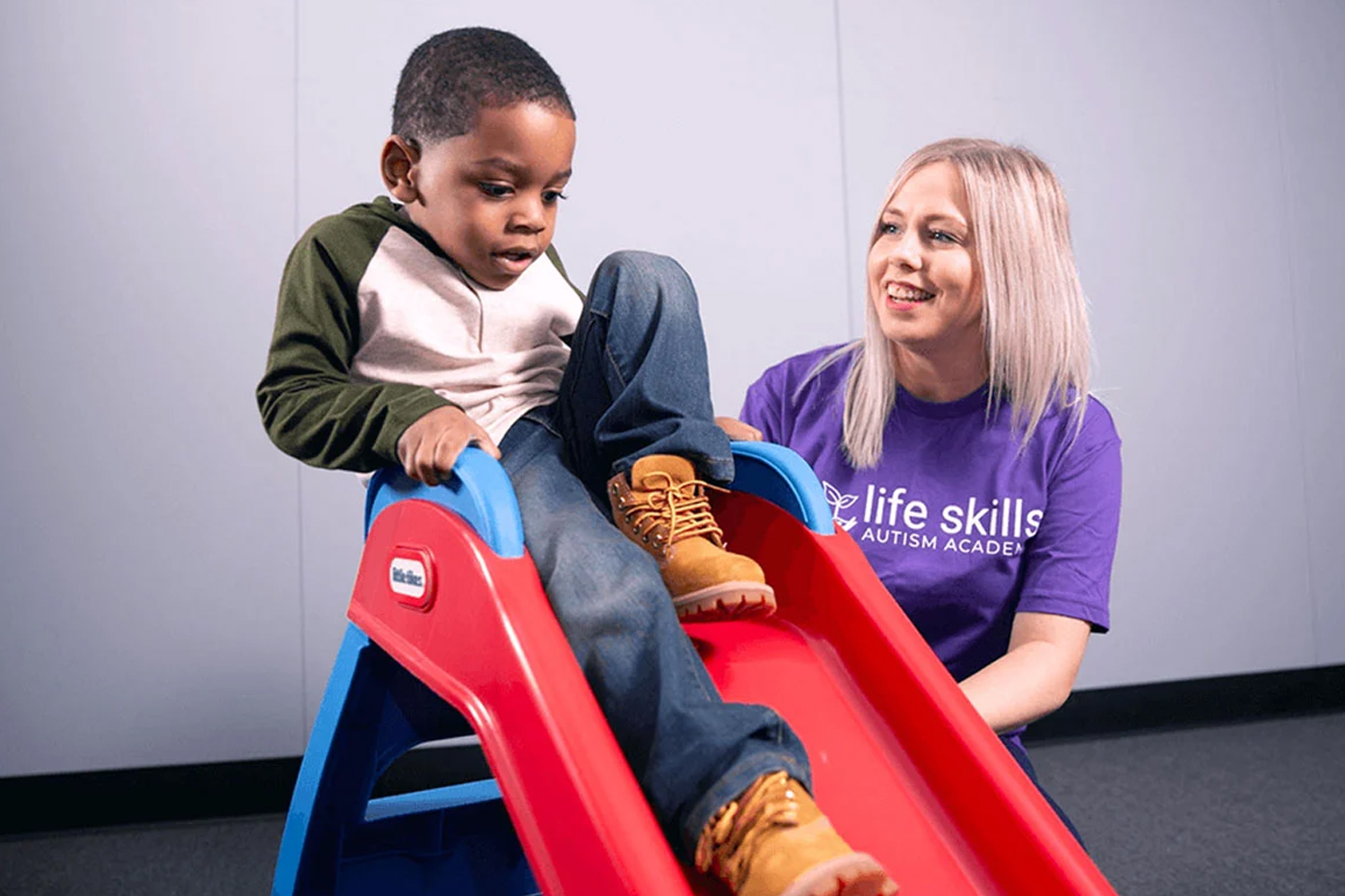
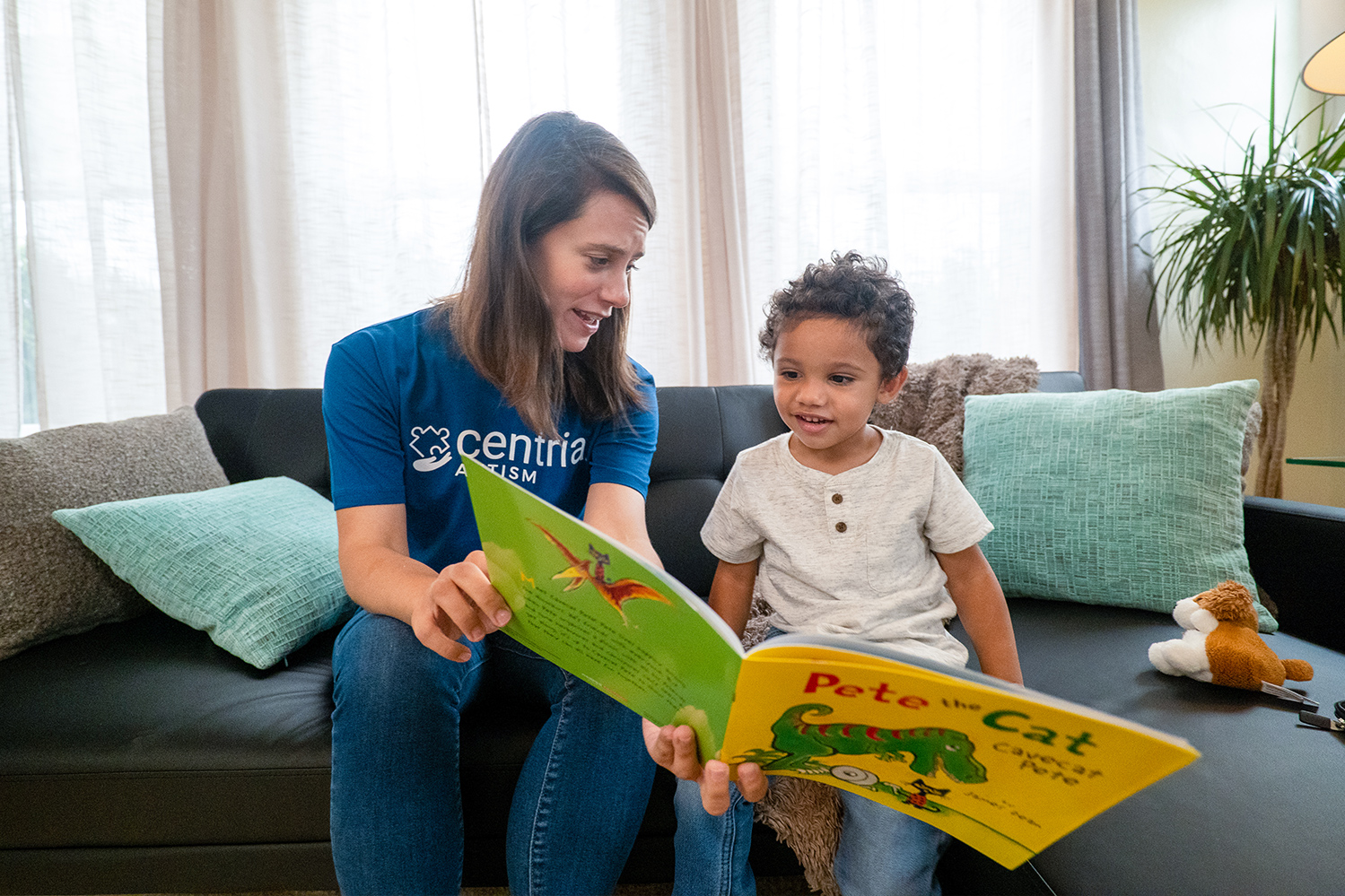
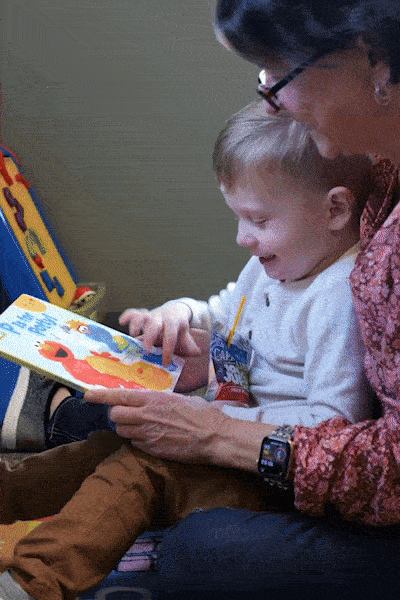

Understanding Autism
Autism Spectrum Disorder (ASD) is a developmental condition that affects how individuals interact with others, communicate and perceive the world around them. The signs of autism often fall into several key categories, including social interactions, communication challenges and behavioral patterns. These signs can vary greatly from one individual to another, making it essential to understand the full spectrum of possibilities.
Social Interactions
Children with autism may struggle with social cues, have difficulty making eye contact or prefer solitary activities over playing with others.
Relationships
Individuals with autism might find it challenging to develop and maintain relationships, often struggling with understanding social norms and expectations.
Communication
Communication challenges can range from delayed speech development to difficulty understanding or using language.
Autism Signs in Young Children
Recognizing Autism Symptoms: Recognizing autism signs early in a child’s life can lead to more effective interventions. Some of the common symptoms in young children include:
Early Childhood
- Limited response to their name being called
- Lack of interest in playing interactive games like peek-a-boo
- Avoidance of eye contact and limited facial expressions
Social Interaction Difficulties
- Difficulty in understanding others' emotions or expressing their own
- Preference for being alone rather than engaging with peers
- Unusual responses to social situations
Communication Challenges
- Delayed speech or lack of speech
- Repetitive use of words or phrases (echolalia)
- Difficulty initiating or sustaining conversations
Repetitive Behaviors
- Repetitive movements such as hand-flapping or rocking
- Inflexibility in routines and distress over small changes
Restricted Interests
- Intense focus on specific topics or objects
- Difficulty transitioning from one activity to another
Autism in Different Genders
Autism can present differently in boys and girls, leading to differences in how symptoms are recognized and diagnosed. It’s also important to note that the prevalence of autism differs between genders, with boys being more frequently diagnosed than girls.

Autism Signs in Boys
- Boys are more likely to exhibit externalizing behaviors such as hyperactivity or aggression.
- Boys may be more easily identified due to more overt social and communication challenges.

Autism Signs in Girls
- Girls may exhibit more subtle signs of autism, such as social withdrawal or internalizing behaviors like anxiety.
- Girls may be better at masking their symptoms, leading to later diagnosis.
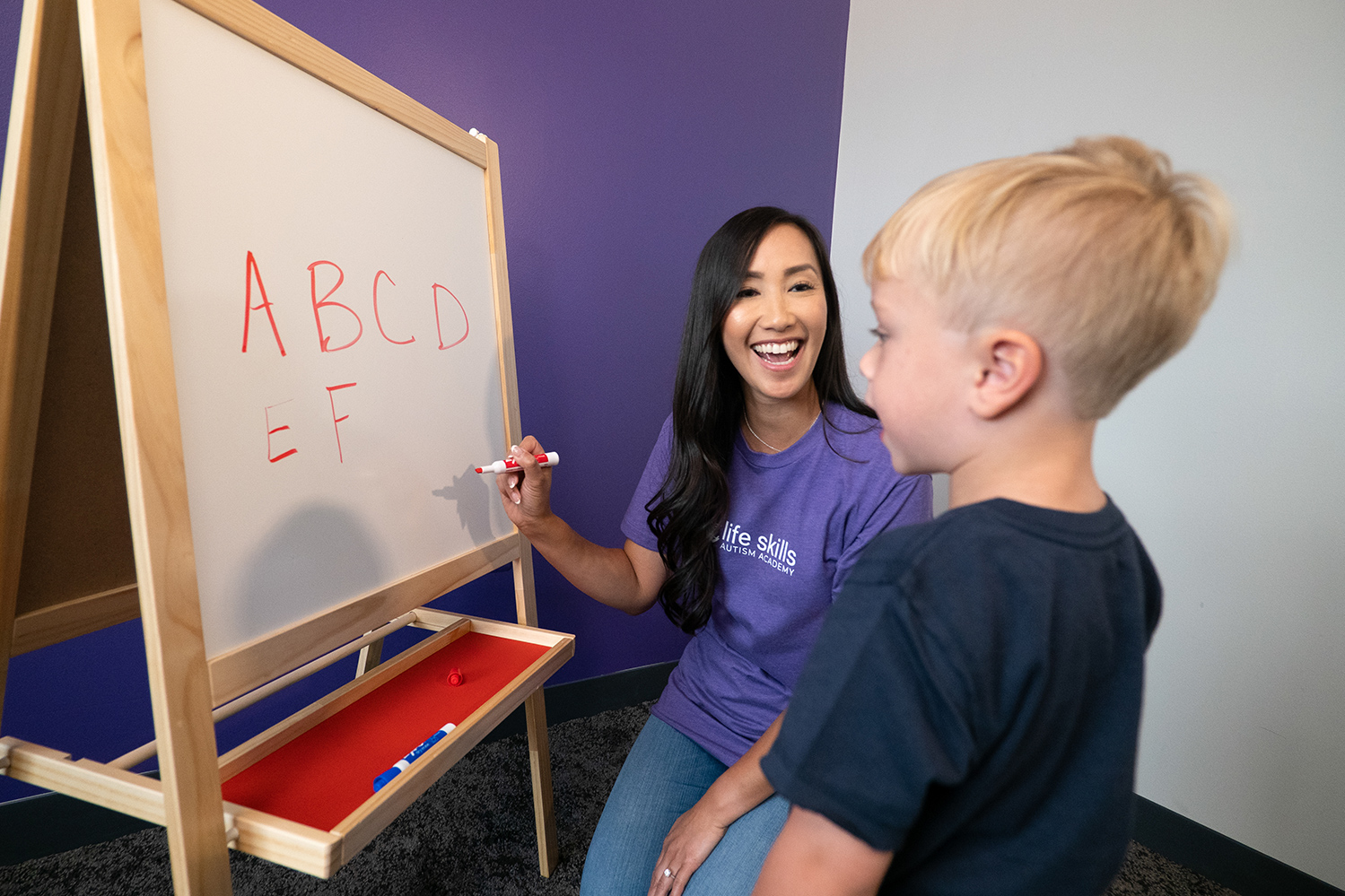
Gender Differences in Autism Presentation
- Research suggests that girls with autism may have fewer repetitive behaviors and restricted interests compared to boys.
- The difference in symptom presentation often means that girls are diagnosed later or may be underdiagnosed.
How ABA Therapy Can Help
At Centria, we believe in the potential of every child. ABA Therapy (Applied Behavior Analysis) is the cornerstone of our therapeutic approach, designed to support your child in achieving their full potential. Here’s how ABA therapy can help:
Early Intervention and Its Benefits
Starting therapy as early as possible can significantly improve outcomes for children with autism. Early intervention focuses on developing essential skills and behaviors at a young age.
Parental Involvement
Parents play a critical role in their child’s development. Our programs include parental training to ensure that families are fully equipped to support their child.
ABA Therapy
ABA focuses on improving specific behaviors, such as communication, social skills, and learning, through structured, evidence-based techniques.
We Are Here to Answer Any of Your Questions
Services are available in select markets. To get started, click here and complete the form.
For markets where we do not offer services currently, our team of specialists can help connect you with a provider in your area that provides diagnostic evaluations.
- Parent interviews/questionnaires
- Behavioral observations
- Standardized assessments (ex. cognitive assessments, developmental assessments, adaptive assessments)
- Autism-specific assessments (ex. ADOS-2, ADI-R)
9 MONTH-OLD MILESTONES
Bears weight on legs with support
Sits with help
Babbles (says “mama,” “baba,” “dada”)
Responds to own name
Transfers toys from one hand to the other
1 YEAR-OLD MILESTONES
Crawls
Stands when supported
Searches for things that he or she sees you hide
Says single words like “mama” or “dada”
Points to things
18 MONTH-OLD MILESTONES
Points with intent to show things to others
Knows what familiar things are used for
Copies others
Gains new words
Knows at least six words
Notices when a caregiver leaves or returns
2 YEAR-OLD MILESTONES
Uses two-word phrases (for example, “drink milk”)
Knows what to do with common things such as brushes, phones, forks and spoons
Copies actions and words
Follows simple instructions
3 YEAR-OLD MILESTONES:
Copies adults and friends
Takes turns playing games
Follows instructions with 2 or 3 steps
Says their own first name and age
4 YEAR-OLD MILESTONES
Enjoys doing new things
Would rather play with other children than by themselves
Able to name some colors and numbers
Can tell you what they think will happen next in a book
If your child is displaying any sign of developmental delays when comparing to their expected milestones, it’s important to speak to your child’s physician as a diagnostic test or screening for autism spectrum disorder may be necessary.


